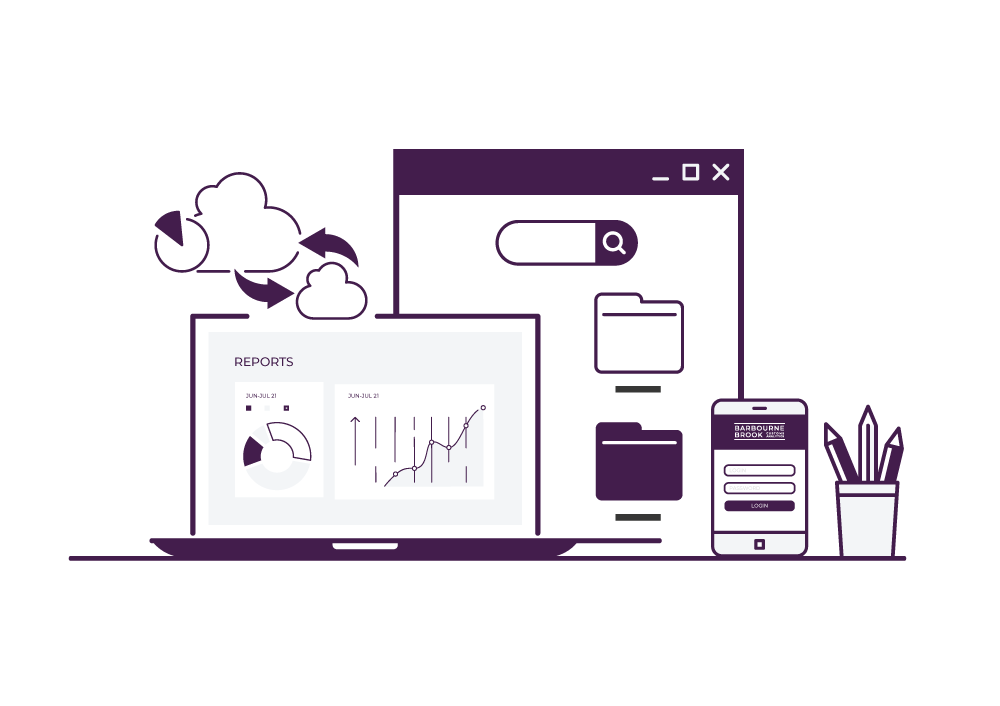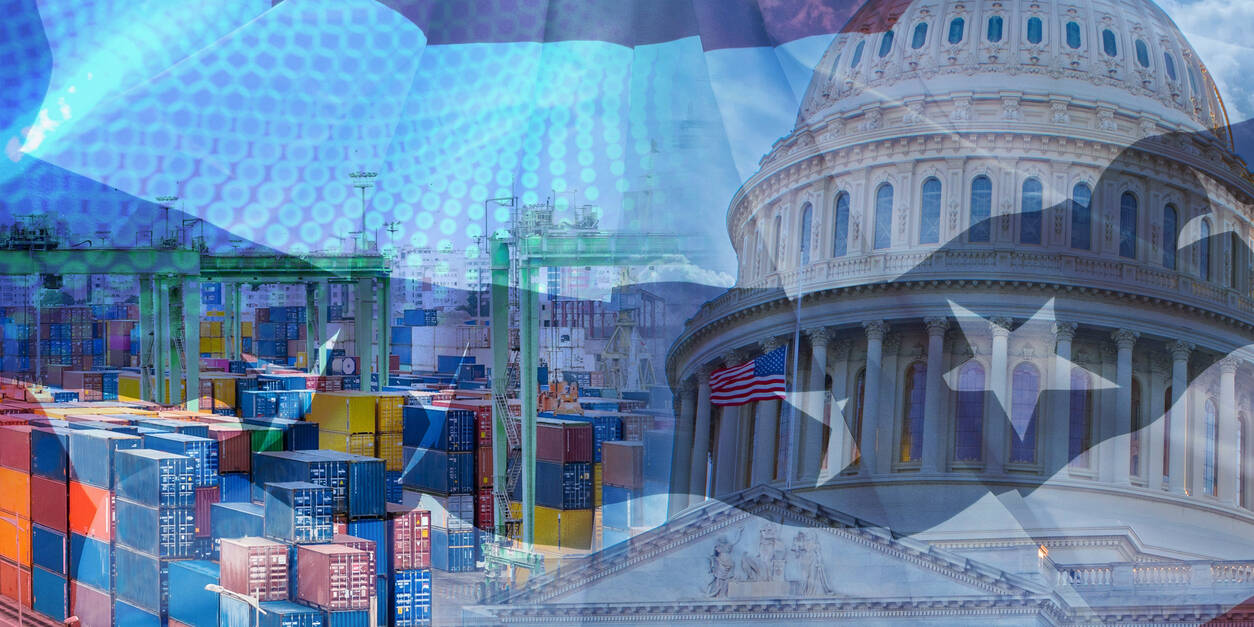Reduce customs costs by understanding and implementing all relief opportunities
Customs regulations provide a series of relief schemes to reduce ongoing customs duties. Best known are Inward Processing and Customs Warehousing, both of which are primarily aimed at avoiding a duty hit when goods are imported and subsequently exported.
What is less known about are the opportunities to extend these reliefs through tariff inversion. When goods with high duty rates are imported to make things with low duty rates then it is possible to use the low duty rate in place of the higher duty rate. For example, plastic packaging, parts and cover (6.5%) plus active chemical ingredients (6%) imported to produce toothpaste (0%). The plastics and active chemical could be imported at 0% if the importer produces the toothpaste within Inward Processing.
Customs warehousing and Inward Processing are two of around 30 lesser known and utilised customs duty reliefs which could offer a competitive advantage. When implementing some of these, it is possible to back-date up to 12 months.
Click here for more information on other ways to reduce your customs costs.


Reduce the cost of producing your customs declarations
Most businesses use third-party freight forwarders or brokers to complete and submit customs declarations. The process is often manual and expensive (averaging £65 per declaration) and over thousands of imports can accumulate into a huge cost. Since Brexit, declarations have become more complex and time intensive, which has impacted the cost and the quality, with a much higher margin for error.
When businesses reach a certain number of imports (estimated to be around 150 imports per month), it often makes sense to automate the customs declaration process – although only a relatively small number of importers currently use the technology. Automation both reduces the declaration costs and improves visibility and control, giving more resilience when it comes to an audit.
Review declarations and process reclaims
Importers can review declaration information up to three years post submission to correct errors and recover overpaid customs duties.
As customs consultants, we identify customs duty reclaim opportunities regularly. These are driven by manual processing, lack of transparency, control and ownership of the declaration process and the number of parties involved (suppliers, customs brokers, importers etc.).
Our CAT360 analytics software regularly identifies reclaims worth many hundreds of thousands of pounds within hours of being plugged in to a company’s data. Click here for more information.
Barbourne Brook can also work with you to recover reclaims on a contingent basis or implement and run turn-key solutions or customs reliefs.

Next week, in the final part of this series we will examine your options to action the insights in this series and models to manage your customs compliance.
Contact Us
If you are interested in customs warehousing and want to avoid these potential pitfalls contact Adam on 01905 914031 for a no obligation conversation.
Related Posts
15 April 2025
Protected: Product Recalls and Customs Duty: Hidden Costs, Missed Opportunities
In the food and beverage sector,…
8 April 2025
The Hidden Customs Risks That Could Derail Your M&A Deal
Why overlooked customs operations can…
3 April 2025
Liberation Day Tariffs: What UK Businesses Need to Know
The reintroduction of sweeping US…


